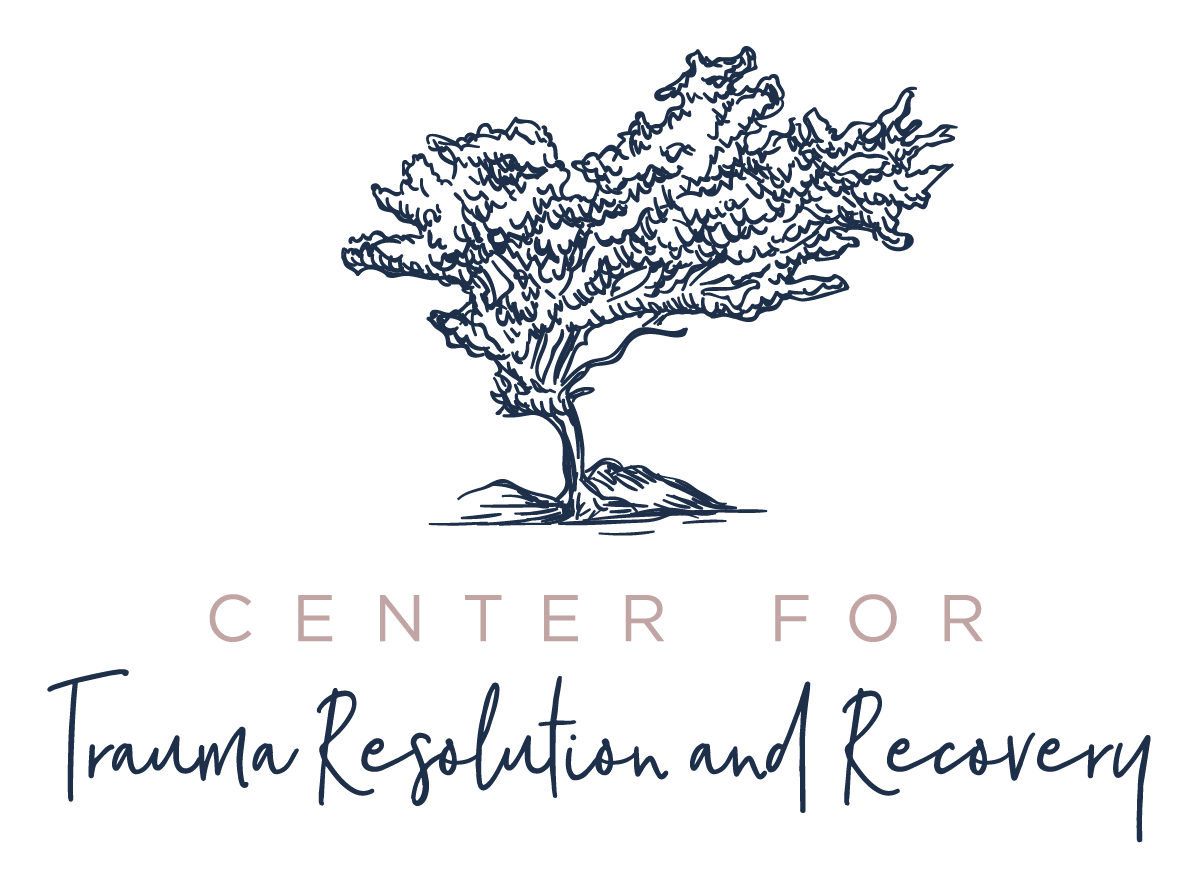From Fawning to Freedom: How Religious Trauma Can Impact Women
As a practitioner at the Center, I have a unique vantage point to observe themes among women healing from conservative religious beliefs. Before I go on, know that I am writing with a perspective limited by my lived experiences and observations. Anytime a group is generalized ("women," in this blog), not everyone will fit the general observations. And thank goodness! We are all unique. If you do not relate, nothing is wrong with you, take what is beneficial from this and leave the rest.
Of the multitude of issues women face, I am focusing on one theme: When wronged or violated, many women with conservative religious backgrounds innately respond by fawning or freezing. Common trauma responses are fight, flight, freeze, or (a recent addition) fawn. "Fawning" is a way of appeasing a threat by doing or saying whatever makes the perpetrator happy in order to maintain safety and avoid conflict. "Freezing" is as it sounds: Suddenly not knowing how to speak or move, going silent and feeling paralyzed or blank. Both are not conscious choices, but instinctual responses. What's worse is that, after the fact, many women feel shame; believing "something is wrong with me" because they fawned or froze.
What about religious upbringings conditions women to fawn or freeze? One denominator among the fawn and freeze responses is a disconnection from our needs and good instincts/bodily wisdom. The fawning says to the perpetrator, "Your wants or needs are more important than mine right now," and the freeze response cannot access what it needs to say or do.
Conservative Christianity teaches people to disconnect from their wants, needs, and intuition and rather be "Christlike." The goal is to be the least like ourselves, and the most like Christ. We are taught that our nature is inherently sinful, and cannot be trusted. Men and women alike are told to distrust and disconnect from our bodies which are "fleshly" (that's bad) and have distorted, perverse impulses. I recall memorizing a verse as a teenager that says "I beat my body and make it my slave" (1 Cor 9:27, if you're curious). Those of us raised in purity culture were especially conditioned to repent and bring our bodily urges into submission to the Holy Spirit. Additionally we are all taught to consider others over ourselves. The last church I attended made t-shirts that said "Me third" (implying the hierarchy of Christ first, others second, and "me" third).
Here's where those of us raised women differ from men: There is a Biblical and cultural view on women as especially sinful, deceitful, and untrustworthy. Sometimes this message is overt. The Bible teaches that Eve was deceived by the serpent and is responsible for introducing sin to Adam and all humankind. We are familiar with Delilah, that tempress who seduced Sampson and cut off his hair. Proverbs 31 reminds women that "charm is deceptive and beauty is fleeting." All of Jesus' twelve disciples are men (at least the official ones), and most likely the books of the Bible were written by men. The New Testament tells women to submit to the husband as head of the household and never to teach men. All these teachings create a glass box where men tell women, and women tell themselves "You/I can only be this big."
These teachings are overt, but there is also a covert, cultural assumption that women are the "weaker" sex and untrustworthy by nature. Emotions are vilified, and women are considered more emotional. On top of that, we watch our mothers, Sunday school teachers, and aunties be submissive servants without a single need or opinion and operating on burnout. Our female examples often live lives of obligation that are divorced from their intuition, wants, and needs. And they are praised for this!
As women, we are not only disconnected from our bodies, instincts, emotions, and experiences, but believe we are especially bad or less important because we are women. When we absorb this message, we have no path to find our wants or needs, let alone even be worthy of having them. We believe our bodily instincts are evil and untrustworthy, so we push them aside for the sake of making someone else happy. And so, when a threat comes, we do what we know: Make ourselves small and vulnerable to appease the one in front of us, or go blank.
This setup may seem bleak, but no one is beyond healing. Recovering our wants, needs, and good instincts/bodily wisdom as women is part of the healing journey. How? One of the first steps is reconnecting to our bodies (via somatic cues, emotions, intuition, etc). For instance, have you ever been around someone that made you feel yucky? Maybe nothing explicit is said or done, but you just get this "yuck effect" that feels unsafe. I urge women to trust that instinct and move away from that person. One aspect of reconnecting is relearning and re-experiencing that our bodies are innately good, safe, and our intuition can guide us.
Once we start to recover our needs and listen to our bodies, prioritizing our needs is the next step. Learning to set boundaries (which entails knowing our limits), say no, and deal with the fallout that comes in response to valuing ourselves over the other is a process. I have personally experienced and witnessed such freedom, creativity, and strength emerge when women take a stand for themselves. The process can be painful, confusing, and cause relational tension, but the outcome is worth it. Beyond fawning and freezing lies the freedom to be the fullest version of yourself.
Written by: Tami Widmer
